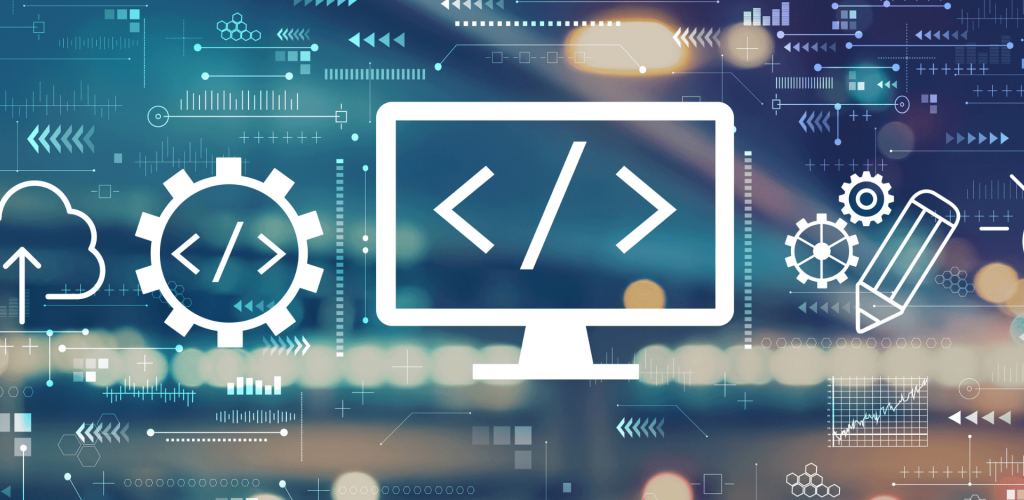
The Difference Between AI, Machine Learning, and Deep Learning
Artificial Intelligence (AI), Machine Learning (ML), and Deep Learning (DL) are terms you’ve probably heard often — and maybe even used interchangeably. While they’re closely related, they aren’t the same.
In this beginner-friendly guide, we’ll clearly explain what each of these terms means, how they are connected, and where you encounter them in real life.

What is Artificial Intelligence (AI)?
Artificial Intelligence (AI) is the broadest term. It refers to the simulation of human intelligence in machines. These machines are programmed to mimic human actions such as:
Thinking
Reasoning
Learning
Decision-making
Examples of AI:
Virtual assistants like Siri or Alexa
Chatbots like ChatGPT
Self-driving cars
Smart home devices
💡 Think of AI as the overall field that aims to make machines “smart.”
What is Machine Learning (ML)?
Machine Learning (ML) is a subset of AI. Instead of explicitly programming a machine to perform a task, ML teaches the machine to learn from data and improve over time.
How it works:
You feed data into an algorithm.
The algorithm finds patterns.
It uses those patterns to make decisions or predictions.
Examples of ML:
Netflix recommending shows based on what you’ve watched
Gmail’s spam filter
Predictive typing on your smartphone
💡 Machine Learning is how machines “learn” to get smarter through data, without being directly programmed for every task.
What is Deep Learning (DL)?
Deep Learning (DL) is a subset of Machine Learning. It uses structures called neural networks — inspired by the human brain — to learn from large amounts of data.
It is especially good at working with unstructured data like:
Images
Audio
Video
Natural language
Examples of Deep Learning:
Face recognition in your phone’s camera
Voice recognition in virtual assistants
ChatGPT generating human-like text
DALL·E creating images from text prompts
💡 Deep Learning is like the “brain” of the most advanced AI systems — it uses layers of learning to understand complex tasks.
How They’re Related
Here’s a simple way to remember the relationship:
AI is the umbrella concept.
Machine Learning is a branch of AI focused on data-driven learning.
Deep Learning is a specialized technique within ML using neural networks.
Real-World Analogy
Let’s say you want a computer to recognize whether an image is of a dog or a cat:
With AI: You write rules — “if it has whiskers and meows, it’s a cat.”
With ML: You give it thousands of pictures of dogs and cats, and it learns to tell them apart.
With DL: It analyzes every pixel of the images through neural networks to learn subtle patterns like fur texture or ear shape.
Why This Matters
Understanding these differences helps you:
Choose the right technology for a project
Understand the power and limits of current AI tools
Stay informed in a world increasingly shaped by automation and intelligent systems
Whether you’re a business owner, student, or just curious — knowing the difference between AI, ML, and DL is a great first step in becoming AI-literate.
Common Use Cases Compared
| Task | AI | ML | DL |
|---|---|---|---|
| Chatbots | ✅ | ✅ | ✅ |
| Spam Filtering | ✅ | ✅ | ❌ or ✅ |
| Image Recognition | ✅ | ✅ | ✅ (Best performance) |
| Stock Market Prediction | ✅ | ✅ | ✅ |
| Smart Home Automation | ✅ | ✅ | ❌ |
| Generating Text (e.g., ChatGPT) | ✅ | ✅ | ✅ (Uses DL) |
FAQs
Q1: Can you have AI without Machine Learning?
Yes. Some AI systems use rules or logic instead of learning from data.
Q2: Is Deep Learning better than Machine Learning?
It depends. Deep Learning is better for large, complex data like images, but ML works well for simpler, structured data.
Q3: Do I need to learn coding to understand these technologies?
Not necessarily. Understanding the concepts is the first step. You can explore further depending on your interest.
Final Thoughts
Artificial Intelligence, Machine Learning, and Deep Learning are powerful tools transforming our world — but they’re not the same. Think of them as parts of a smart system: AI is the big idea, ML is how machines learn, and DL is the most advanced technique.
Whether you’re using a voice assistant, scrolling social media, or getting personalized shopping suggestions — these technologies are already part of your life.
Now, you know how they all connect!
